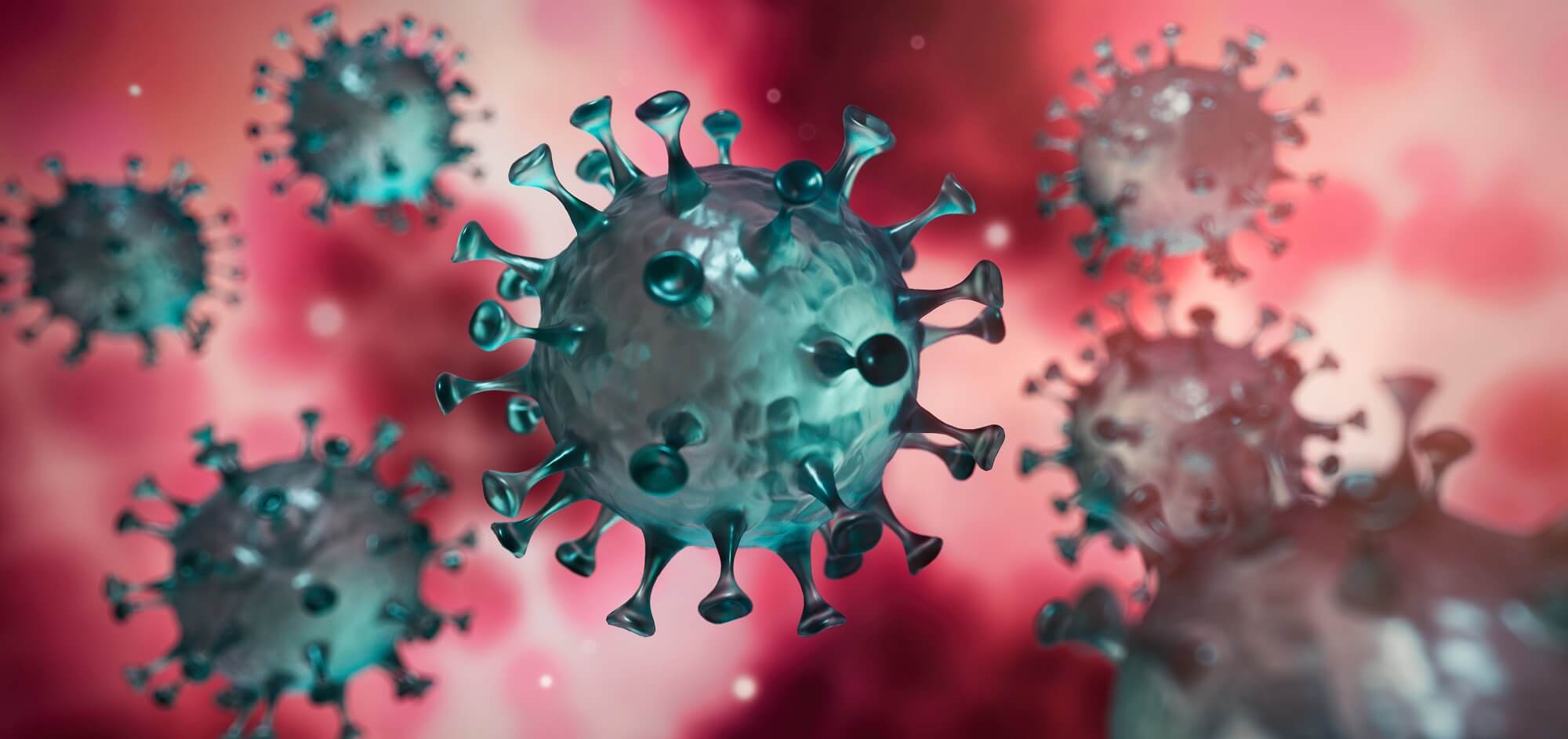To access the Herald’s local coronavirus/COVID-19 coverage, click here.
COURT HOUSE – While the state is expanding its COVID-19 contact tracing efforts to catch and contain the virus, Cape May County’s health officials have already been tracing every positive case and have found most people are following social distancing guidelines and staying home, thereby limiting exposure.
Natalie Sendler, county Department of Health director of public health nursing, said that while her staff has been working seven days a week since the virus hit, she expects the county to receive “some number of additional contact tracers” which will help give her staff some relief from the workload.
“As soon as the cases come in as positive, we immediately start tracing by talking with the individual or a family member or acquaintance to find out where they have been and who they might have exposed,” Sendler said. “For the most part, people really are following social distancing rules and staying home so that means exposure is often just to the family members who live in the same house.”
“Close contact” is defined by state epidemiologists as closer than six feet for 10 minutes or more.
“We call people from 9 a.m. – 9 p.m. and for the most part, they already know they have been exposed,” she added. “There’s not a lot of surprise there.”
Contacts are encouraged to stay home and maintain social distance from others until 14 days after their last exposure, in case they also become ill. They are also asked to monitor themselves by checking their temperature twice daily and watch for cough or shortness of breath.
If someone from outside the area visits the county, such as the boardwalk, and then returns home and tests positives, that home health department will notify Cape May’s Department of Health, according to Sendler.
“Our first case in the county was from New York if you recall,” Sendler said, “and we were notified because the person had visited the county.
“If a person walks on the boardwalk, for instance, we may not be able to locate everyone he or she came in contact with, which is why we are encouraging people to wear a face mask if they can’t social distance,” she stressed. “If you walk past some one, or are within six feet for less than 10 minutes, your exposure is limited. But it’s really why we are promoting that you should wear a face mask if you are going out and can’t social distance.”
Sendler said a majority of positive cases involve the long-term care facilities and staff there are typically already aware that an employee is exhibiting symptoms or testing positive. “People have been really good in notifying their supervisor about testing results,” she said. “It’s then up to the facility staff who know which patients and staff have been in contact with the person testing positive. They are required to let patients and their families know about any exposure.”
Fortunately, in Cape May County, Sendler said the number of positive cases has not been “in the thousands like in north Jersey, where it would be next to impossible to trace. That would be incredibly frustrating,” she pointed out, “so I can see why the state wanted to boost the contact tracing program. It will be good for the state, especially those counties in the northern part.”
On May 12, Gov. Phil Murphy announced he was building a Community Contact Tracing Corps to centralize contact tracing of the COVID-19 virus. It would require increased collaboration among municipalities in a county, and use a single information technology platform so data would be centralized and uniformly reported.
“I think it will be good to have a uniform technology platform across the state,” Sendler said, “and once we learn how to use the new software, it will be helpful that everything is consistent.”
In New Jersey, health officials use the Communicable Disease Reporting & Surveillance System (CDRSS) to track positive COVID-19 cases, and any other communicable disease. Through identification and interviews with people who may have come in contact with an infected person, health officials gain control of communicable diseases such as tuberculosis, vaccine-preventable diseases, food-borne diseases like salmonella and most recently, COVID-19, according to Sendler.
“Until there is a proven vaccine, our best chance at catching and containing the virus is through testing and contact tracing,” Murphy said when announcing the program.
The program is part of a regional effort for New York, New Jersey and Connecticut; former New York City Mayor Michael Bloomberg announced his philanthropies will fund up to $10.5 million and partner with Johns Hopkins University, MD, to recruit, train and deploy 3,500 contact tracers.
Sendler said “a lot of people had already called volunteering to be a contact tracer” in Cape May County, and she has referred them to the various websites to register. “The state is picking up the tab for these contact tracers,” she noted, “and it will probably be a mix of volunteers and paid staff.”
State officials said they currently have 800-900 contact tracers and need at least 1,000 more, maybe up to 7,000 more, depending on the model the state adopts. Local knowledge, cultural competency and fluency in languages other than English are critical to making this contact tracing process successful state health officials said.
To contact Karen Knight, email kknight@cmcherald.com.








